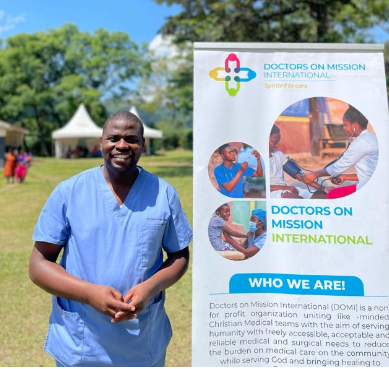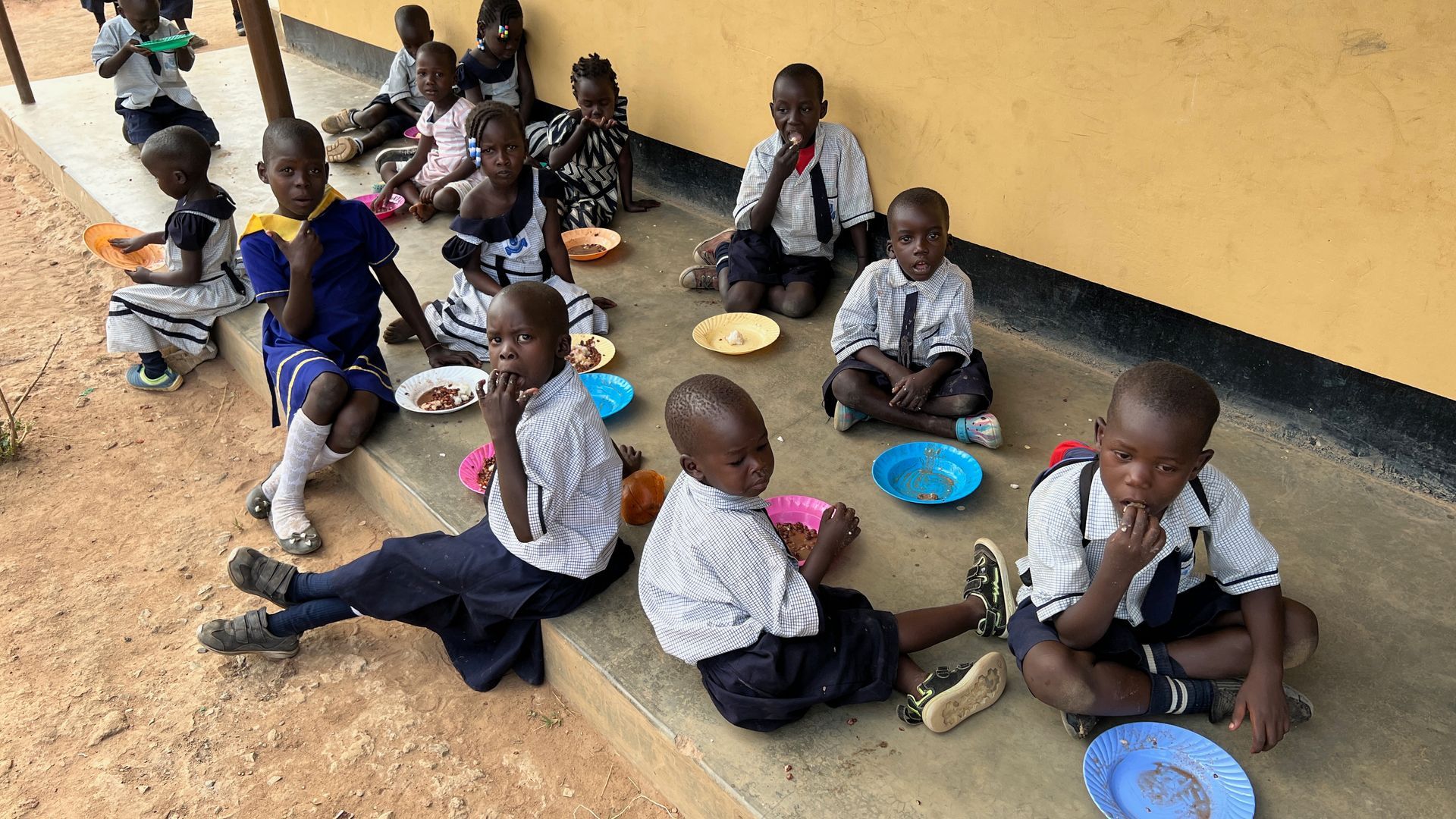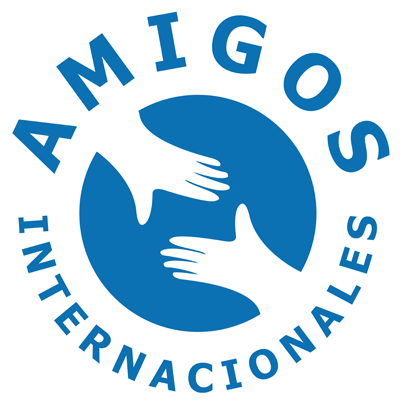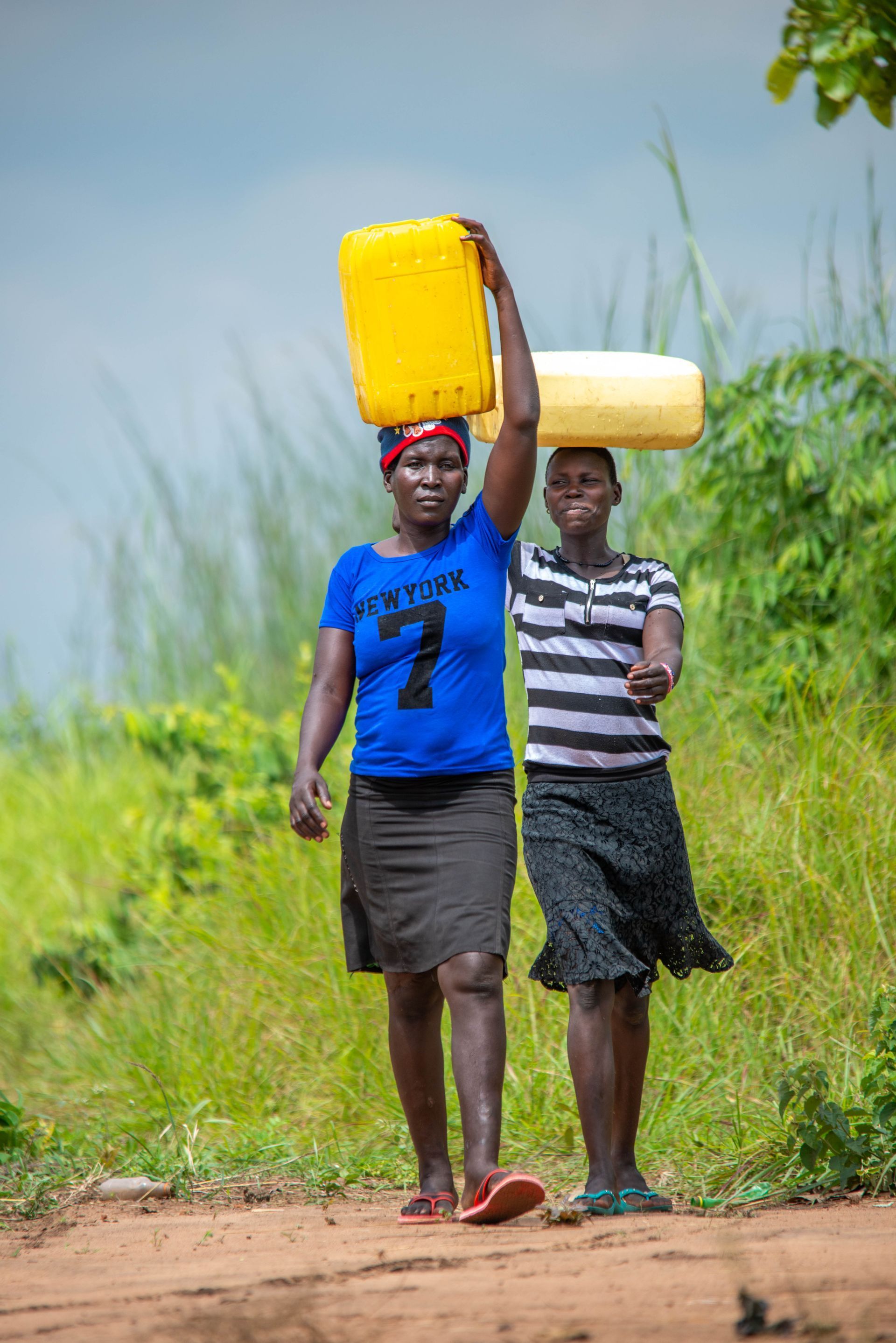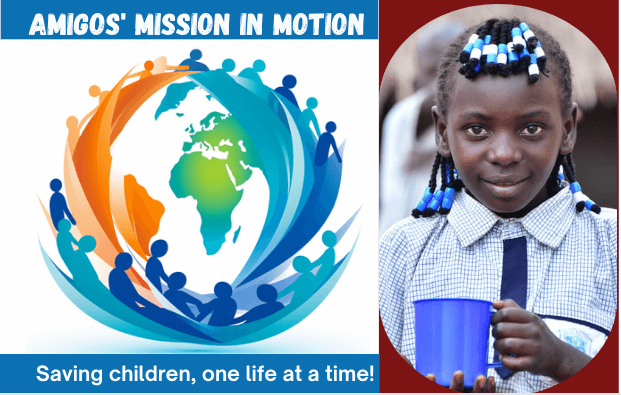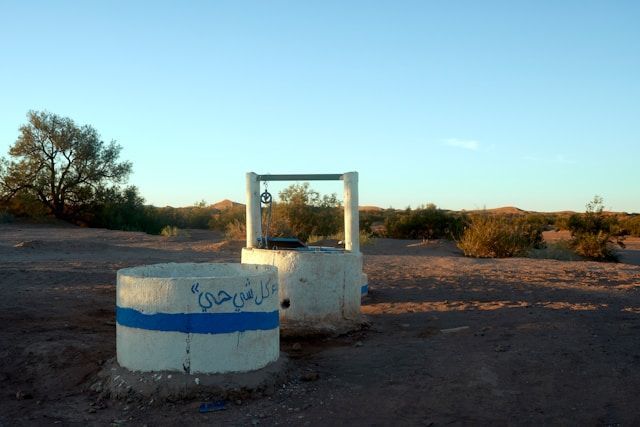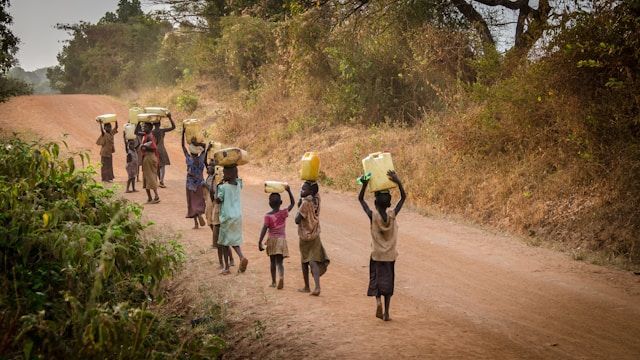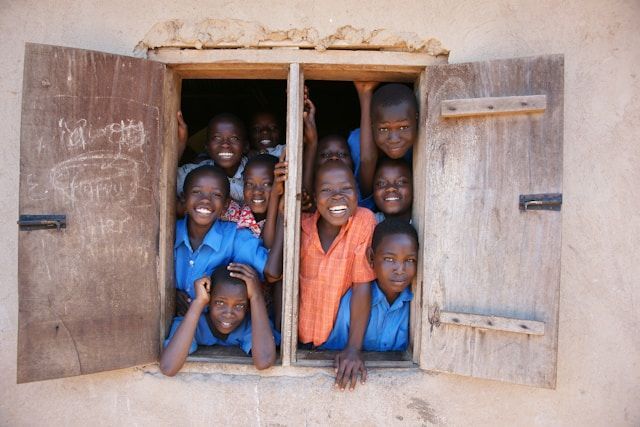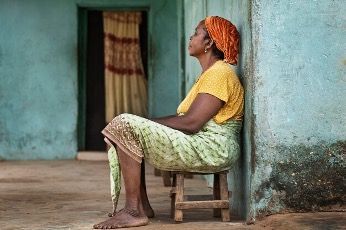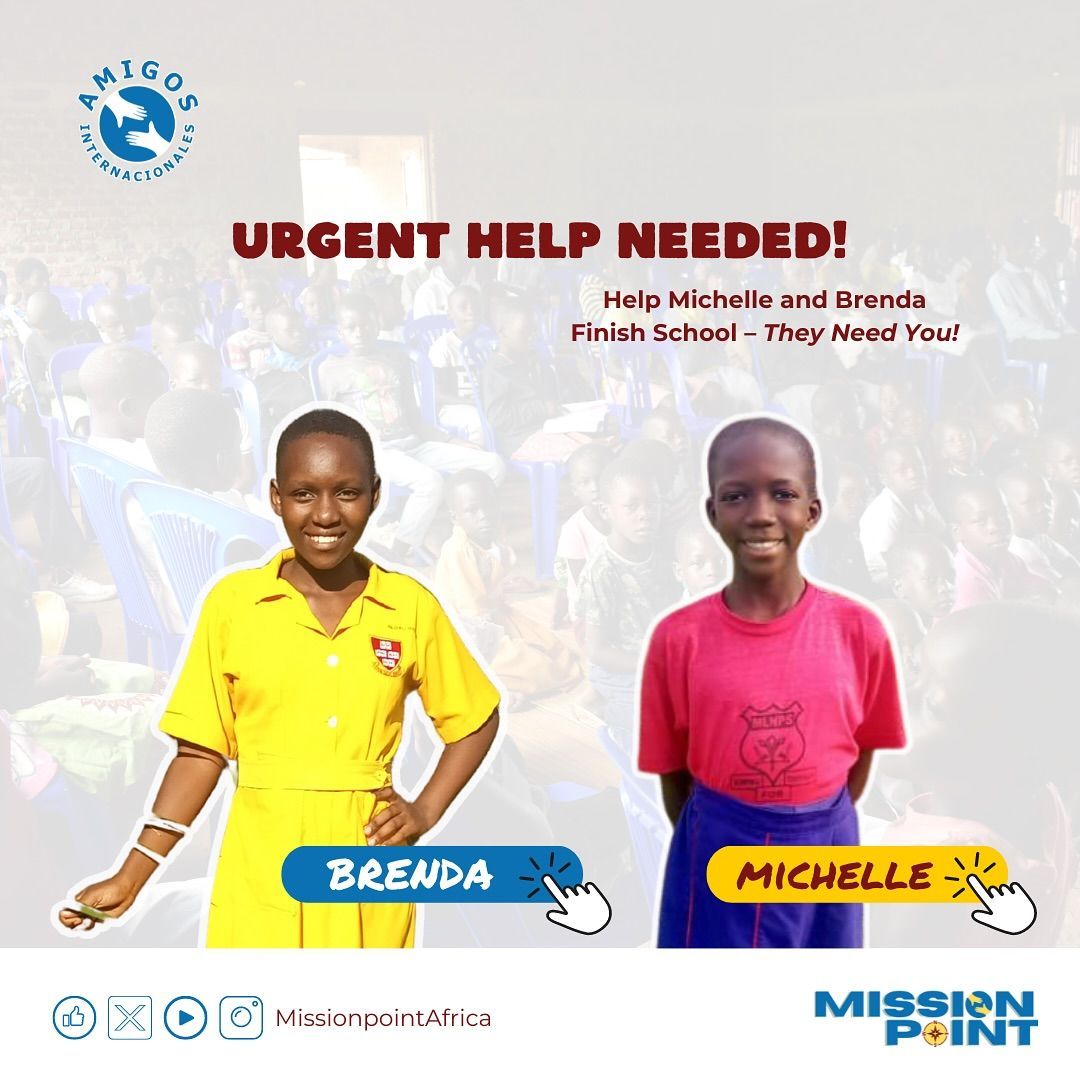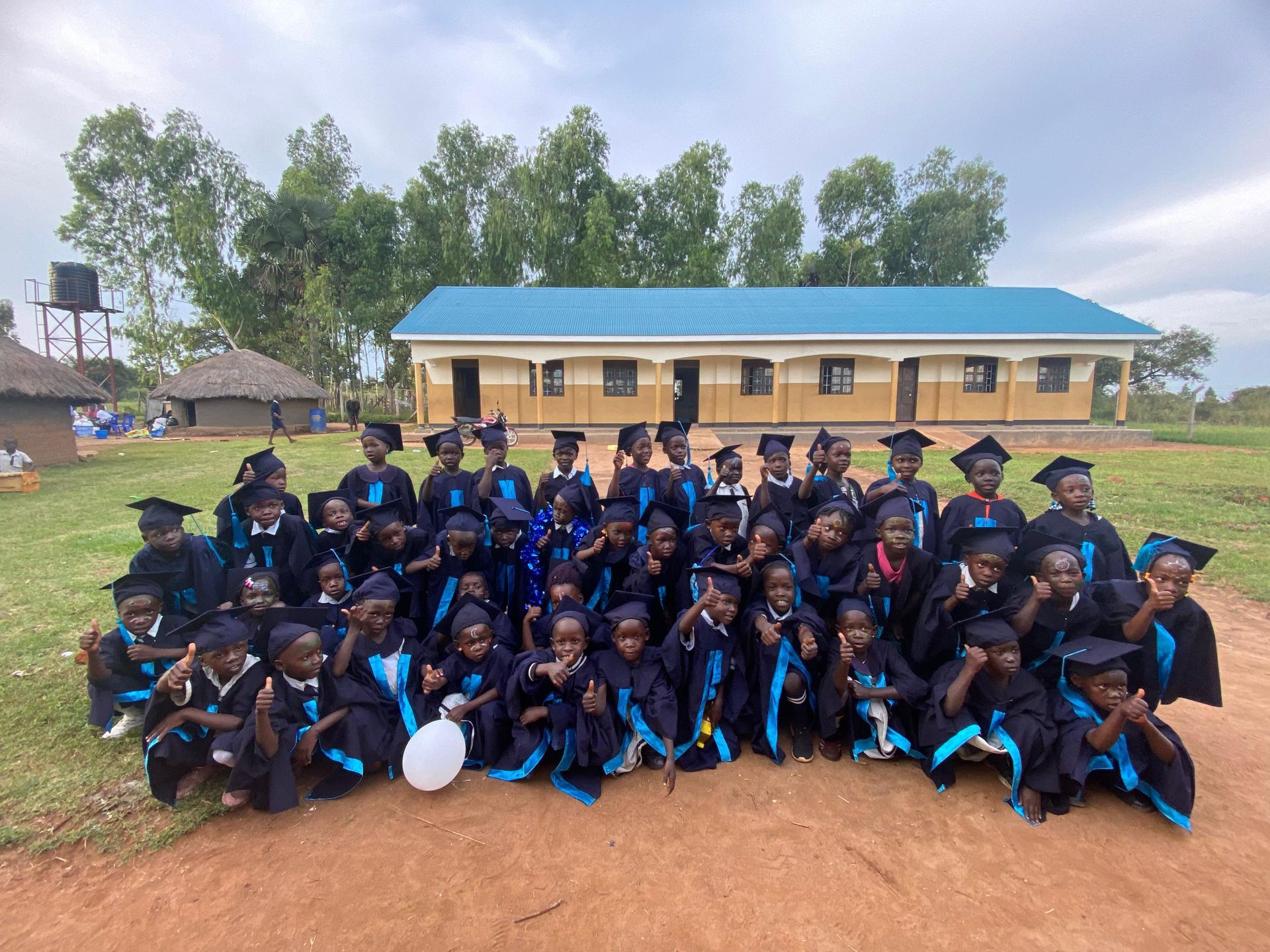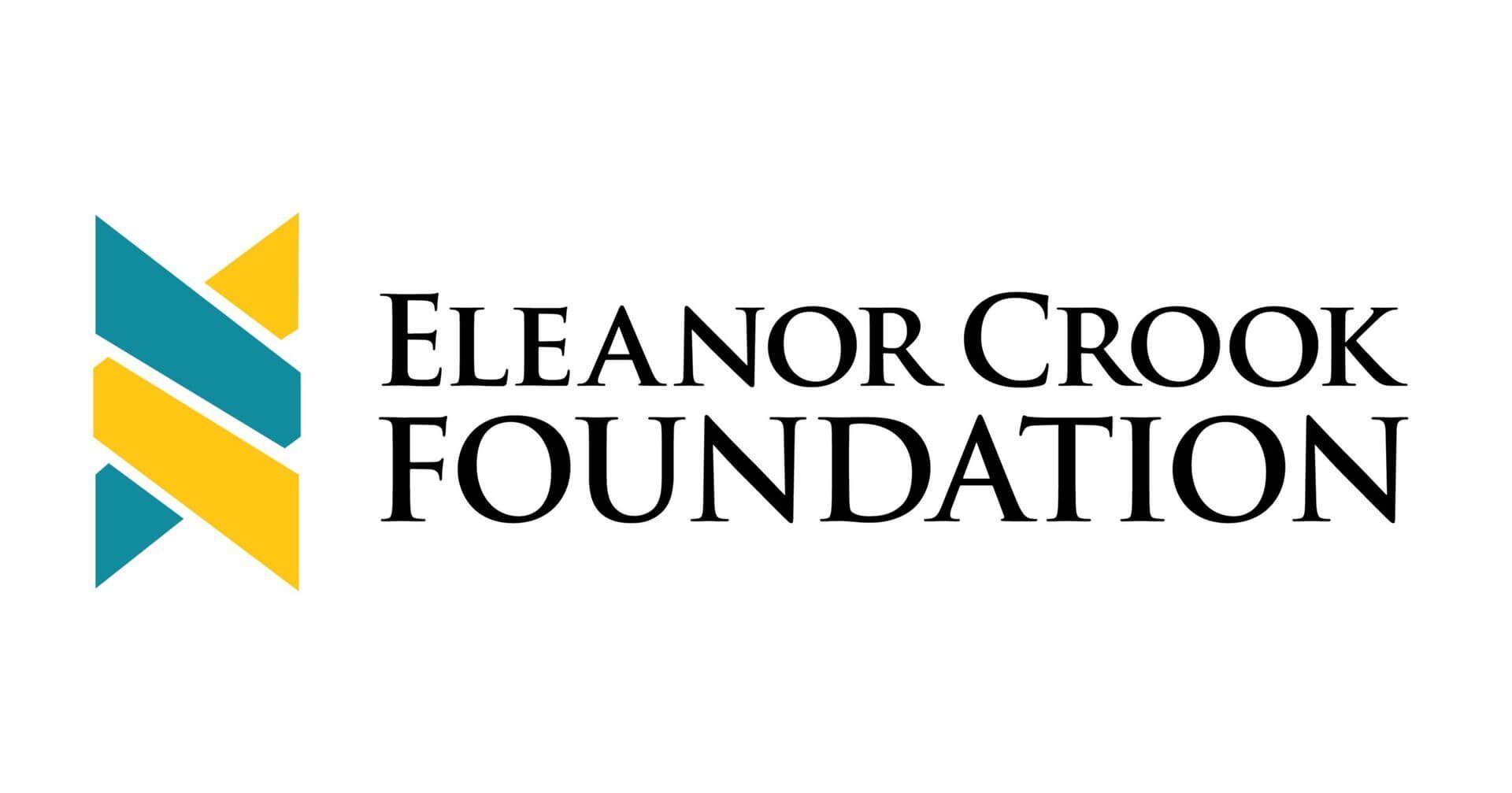Water is essential for life, yet millions in developing countries lack access to clean and safe drinking water. This blog explores the significance of water projects in transforming lives, the challenges faced in implementing these projects, and the profound impact that access to water has on communities.
The Importance of Clean Water Access
Clean water is fundamental for health, sanitation, and economic stability. This section will discuss the direct benefits of clean water access and its crucial role in reducing disease and improving quality of life.
Access to clean water significantly reduces the prevalence of waterborne diseases, which disproportionately affect vulnerable populations. When communities can rely on safe drinking water, children are less likely to suffer from illnesses such as cholera and dysentery, which can be fatal. Improved health translates into better school attendance and productivity in work, fostering a cycle of positive growth.
Moreover, water projects empower women and girls, who often bear the burden of water collection. By alleviating this responsibility with localized water sources, women can engage in education and employment opportunities, thus breaking the cycle of poverty and promoting gender equality. The transformation is not solely physical; it systematically uplifts entire communities.
In essence, investing in clean water access is investing in human potential. When basic human needs are met, it provides a foundation for dignity, resilience, and the pursuit of a better future. Communities thrive, economies grow, and the social fabric becomes more robust—all of which hinge on the most fundamental element of life: water.
Challenges in Water Project Implementation
Despite the critical need, numerous challenges can hinder water project implementation in developing countries. This section will address the logistical, financial, and social barriers that organizations face.
One significant challenge is the lack of infrastructure. In many rural areas, the absence of roads or transportation facilities can impede the delivery of necessary materials and technology. Organizations often find themselves navigating complicated terrains, which can delay projects and inflate costs beyond initial budgets.
Financial constraints also pose a significant hurdle. Many developing nations face economic difficulties that limit governmental and donor funding for essential water projects. Without adequate financial resources, projects may stall or be implemented poorly, ultimately leading to failure and disillusionment among the communities they aim to serve.
Additionally, social barriers, including cultural norms and community mistrust, further complicate the landscape. While outsiders may have the best intentions, engaging with communities in a meaningful way requires patience, understanding, and a respect for local traditions. Failing to involve the community in decision-making processes can lead to resistance, resulting in underutilized and neglected water resources.
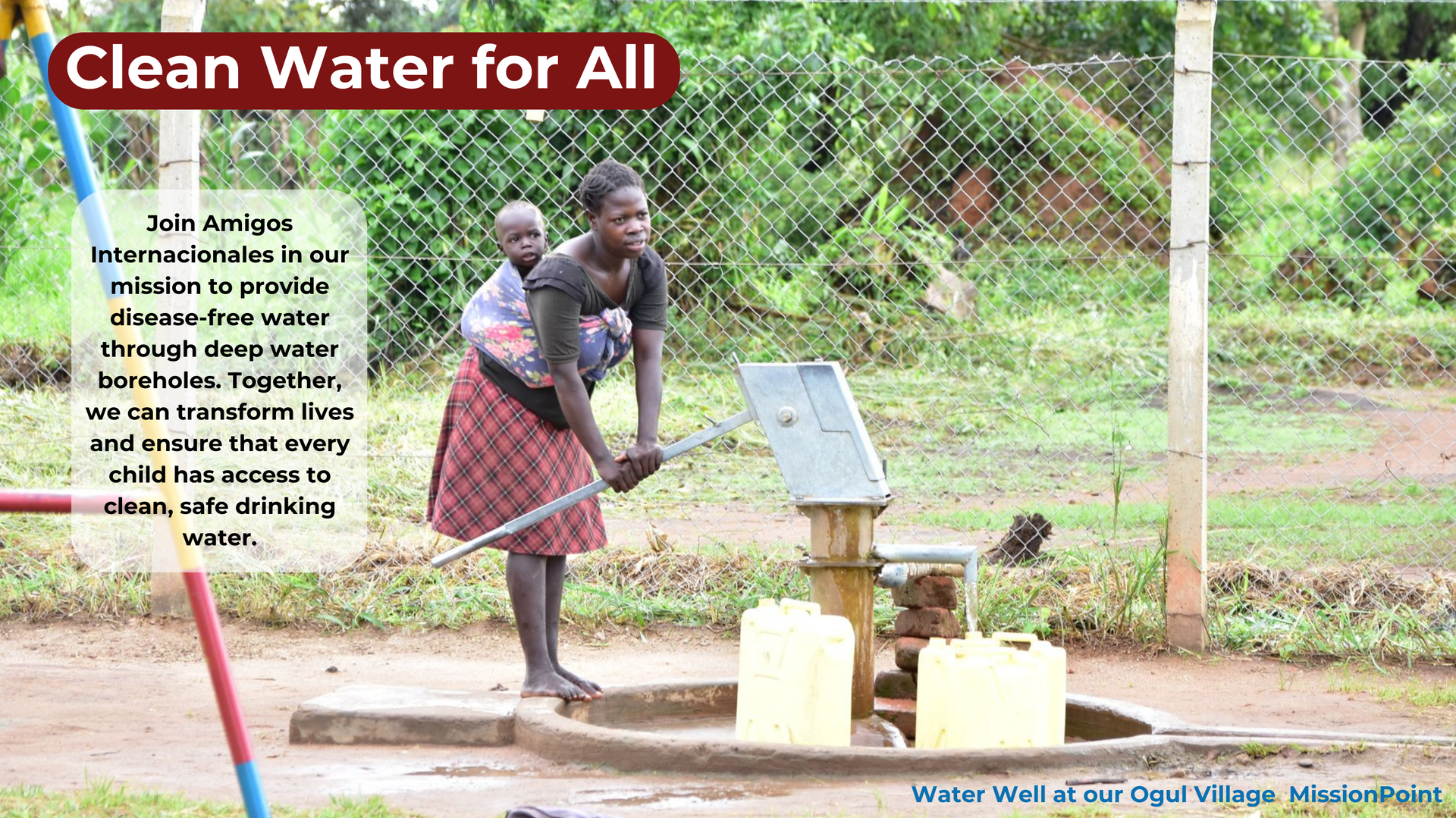
Innovative Solutions for Sustainable Water Access
Innovative technologies and approaches can enhance the effectiveness of water projects. This section will highlight successful case studies that demonstrate sustainable solutions for water access.
One groundbreaking innovation is the use of rainwater harvesting systems, which capture and store rainwater for future use. In regions prone to drought, these systems provide a critical supplement to water supplies, ensuring communities have access even during dry spells. In addition, these solutions are often low-cost and can be maintained by local residents, thereby promoting sustainability.
Another promising approach involves using solar energy to power water purification systems. In areas where access to electricity is limited, solar-powered solutions offer a renewable and cost-effective means to ensure clean drinking water. This technology not only addresses immediate needs but also empowers communities by reducing dependency on external power sources.
Case studies from across the globe illustrate the transformative power of these innovations. For instance, in parts of sub-Saharan Africa, organizations implementing solar-powered wells report not only increased water access but also improvements in local economies as farmers can irrigate their crops consistently. Such advancements showcase how merging technology with community needs can create sustainable, long-term benefits.
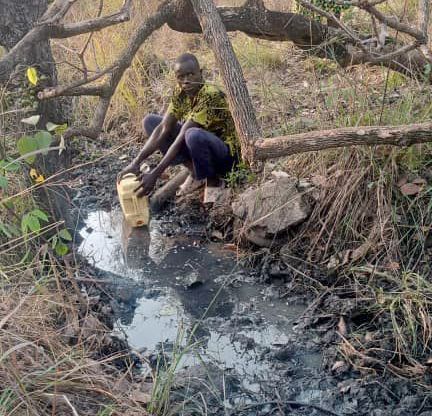
Community Engagement and Empowerment
Involving local communities in water projects is essential for their success. This section will explore methods for engaging communities, ensuring they have a stake in the development and maintenance of water sources.
Community engagement begins with understanding local needs and perspectives. Conducting surveys and community meetings allows project coordinators to gather essential information and build trust. This process not only informs project design but also fosters a sense of ownership among community members, resulting in higher levels of participation and commitment to the project's success.
Moreover, capacity-building initiatives are vital. Training local individuals on water management practices equips them with the skills necessary to maintain water infrastructure and respond to challenges. This empowerment goes beyond technical skills; it instills confidence and agency, allowing individuals to advocate for their community's needs in broader developmental conversations.
When communities are actively engaged, the likelihood of project sustainability increases dramatically. A sense of belonging and responsibility towards their water sources translates into better maintenance and fewer resources wasted. Ultimately, this commitment strengthens social cohesion as communities work together for a shared cause.
Measuring Impact: Health, Education, and Economic Growth
Water projects have a ripple effect across various sectors. This section will analyze how access to clean water contributes to improved health outcomes, educational opportunities, and economic growth.
The relationship between clean water access and health is undeniable. Communities benefiting from water projects typically see decreased rates of preventable diseases, leading to healthier populations. This improvement contributes to reduced healthcare costs, allowing families to allocate resources towards education and economic activities instead of medical expenses.
Education, especially for girls, dramatically improves when water sources are easily accessible. With less time spent retrieving water, children, particularly girls, can focus on schoolwork, participate in extracurricular activities, and engage in their communities. This shift results in higher graduation rates and, ultimately, a more educated workforce that can drive economic growth.
Economic growth also receives a boost from improved water access. Farmers can produce more significant yields with reliable irrigation, leading to increased food security and higher income levels. Small businesses benefit as well; better health among workers and increased productivity translate into a stronger economy at the community level, creating a cycle of prosperity.
The Future of Water Projects and Community Development
Water projects are not merely about providing a resource; they represent a pathway to building healthier, more resilient communities. By empowering individuals with access to clean water, we invest in the future of these communities, fostering growth, education, and economic development. The collective efforts to implement sustainable water solutions can truly transform lives in developing countries.
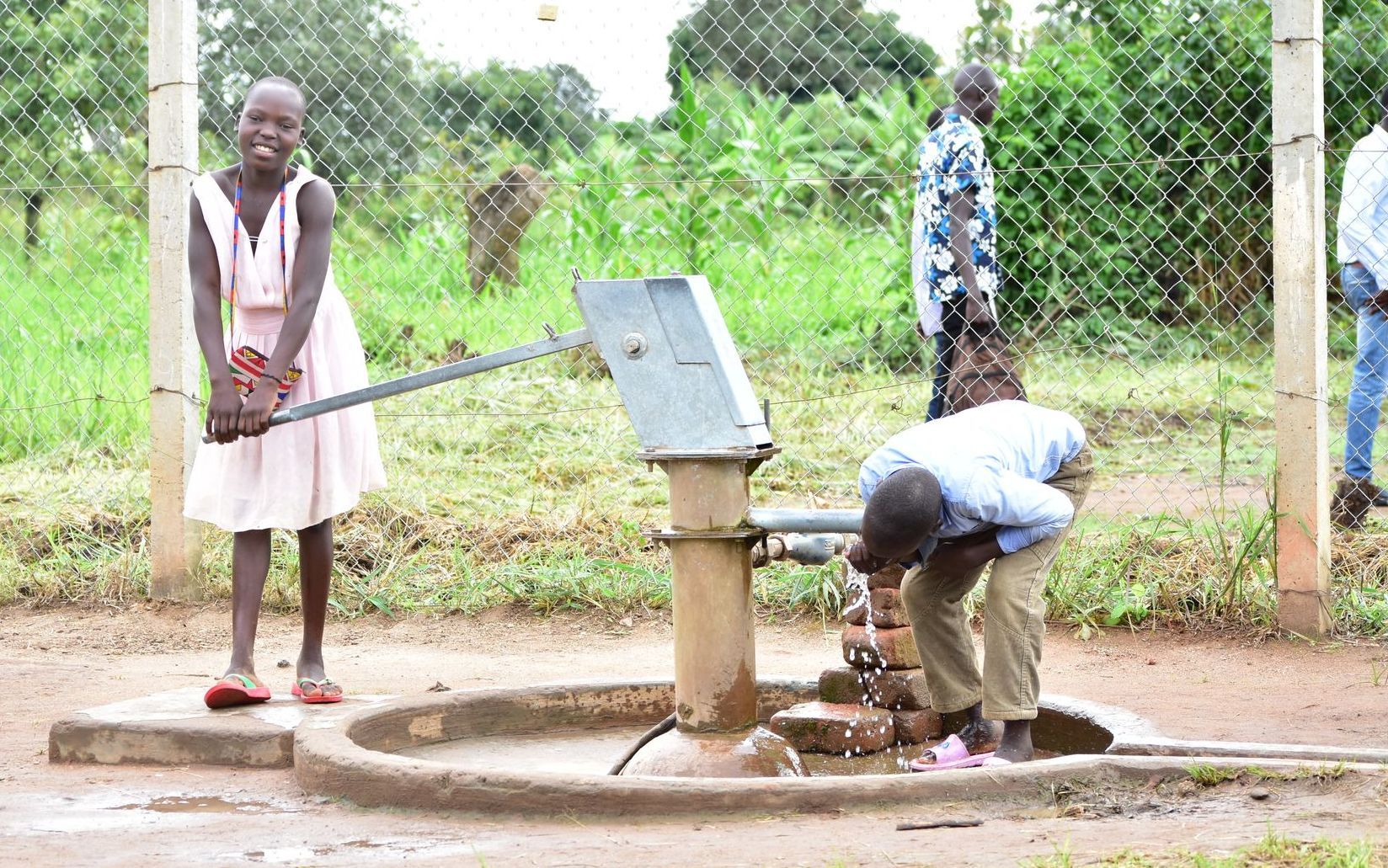
New Paragraph
Categories
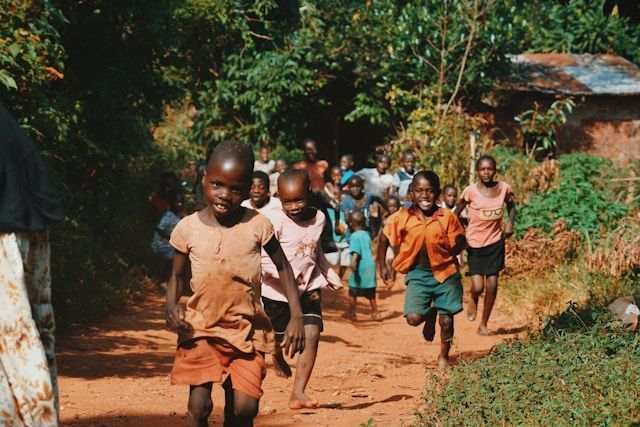
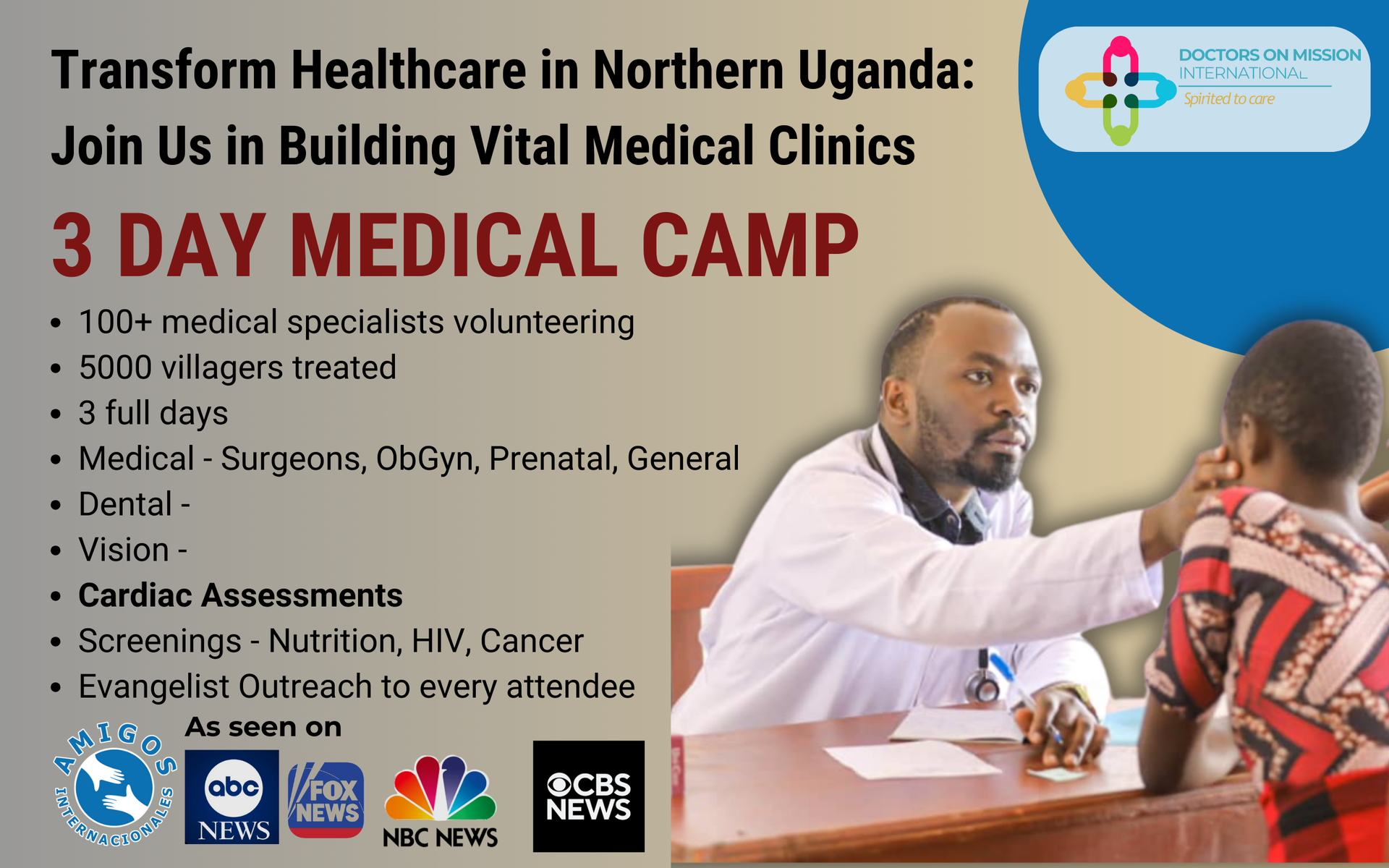
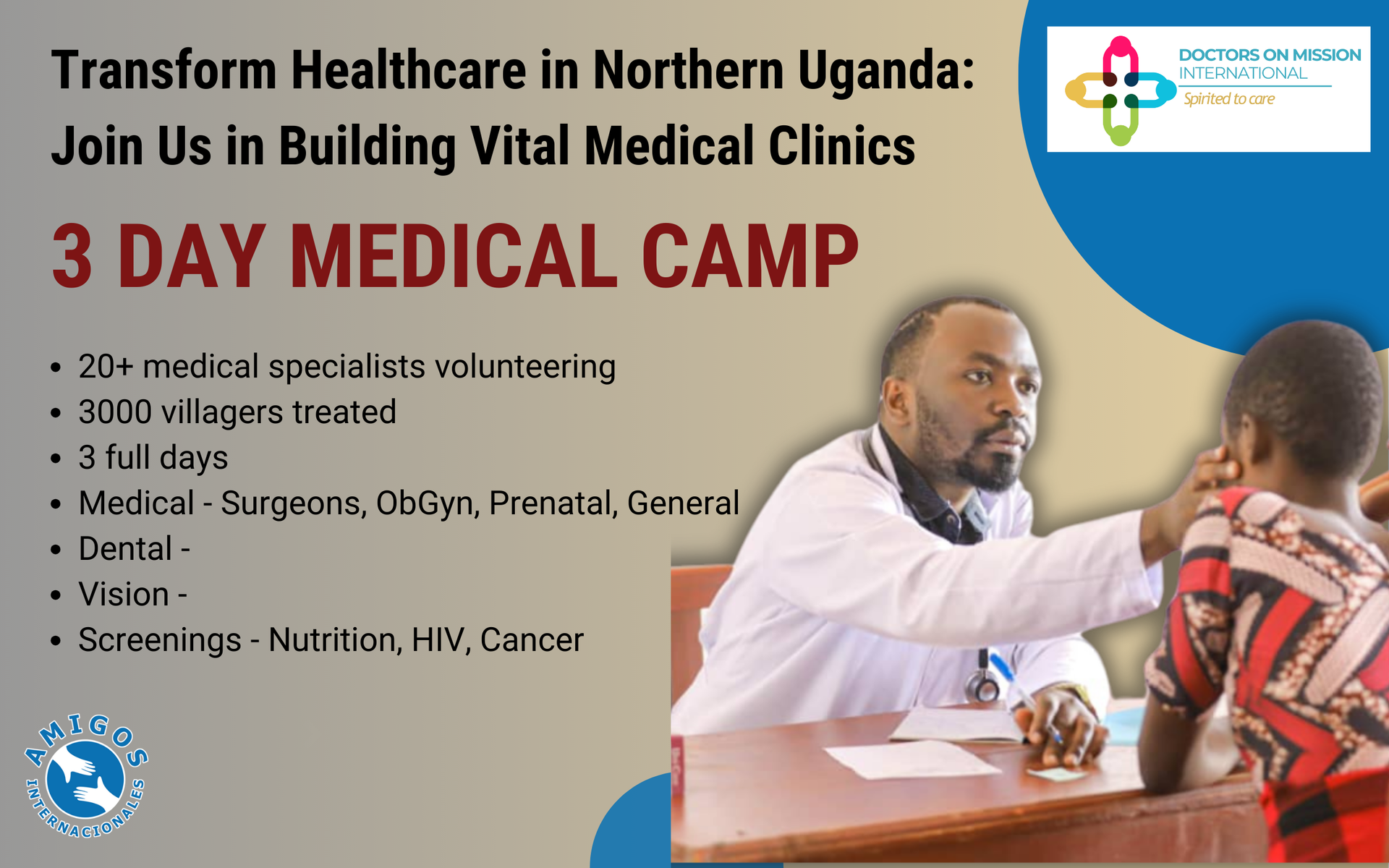
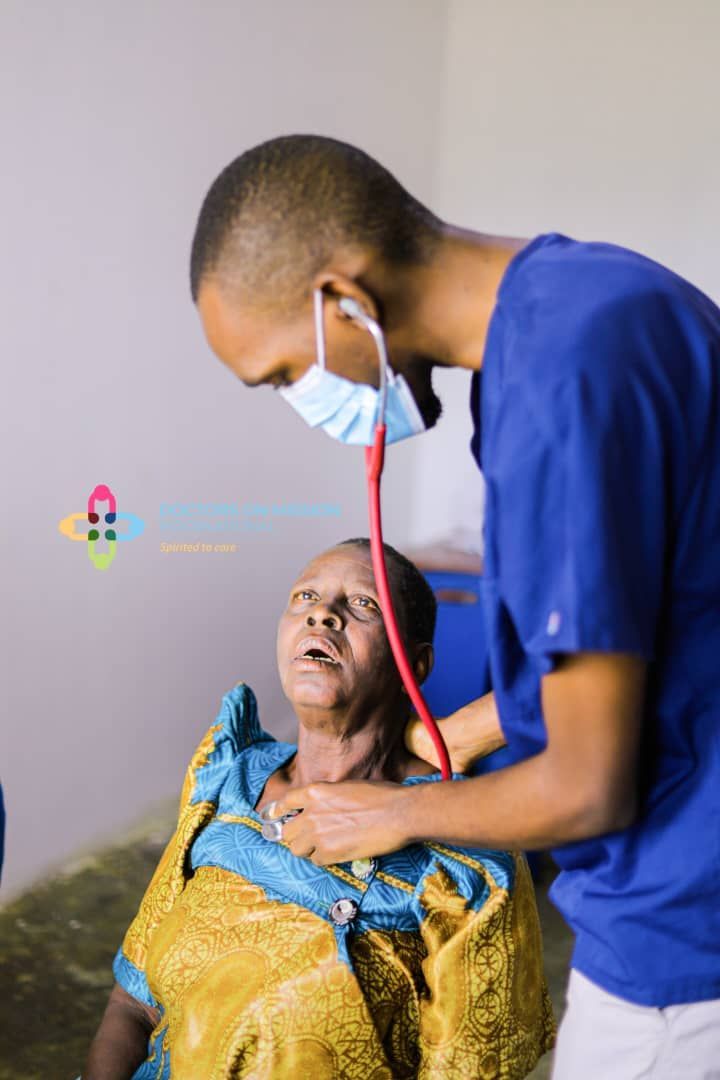
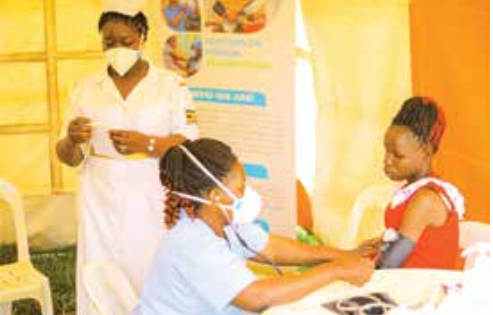
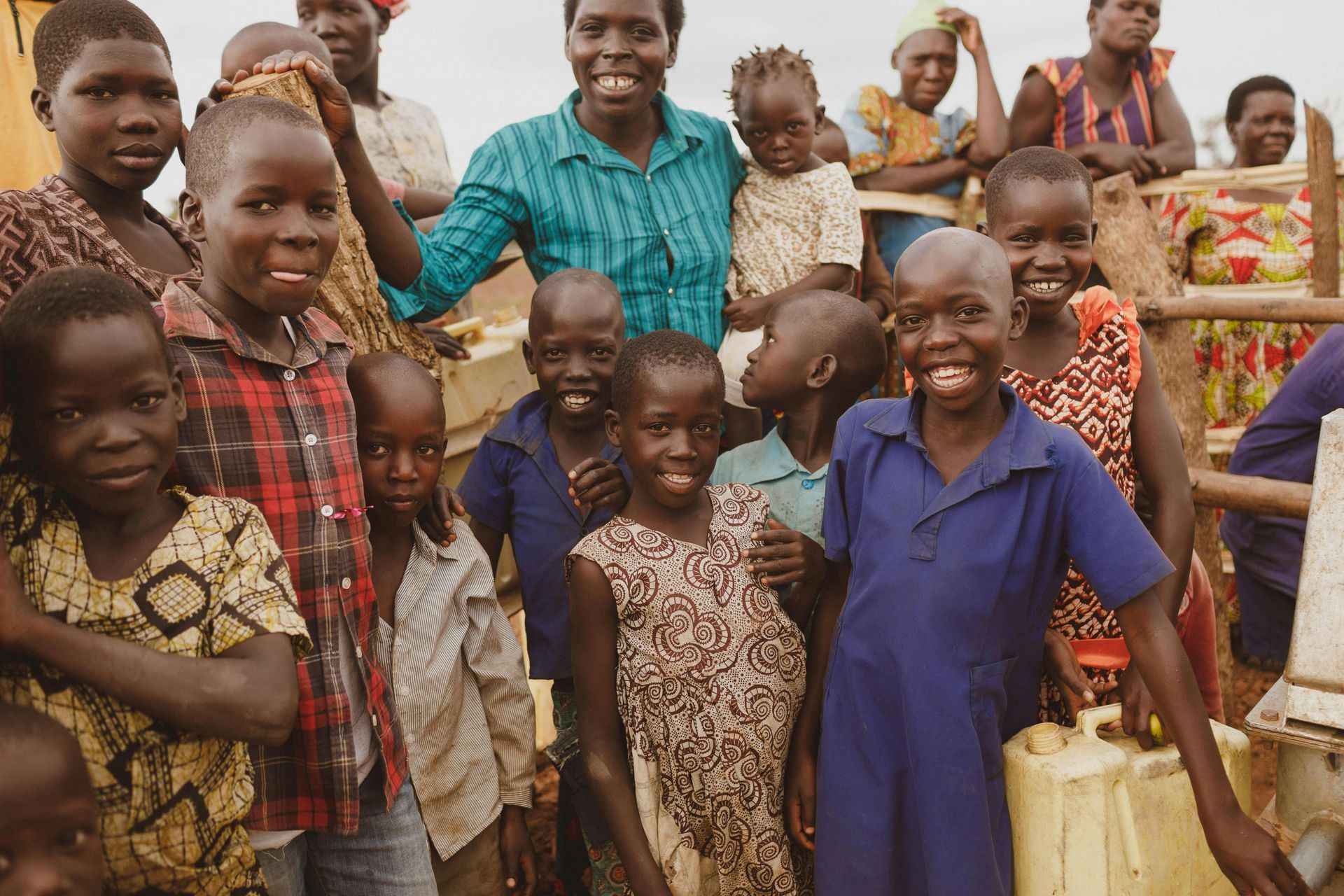

Social Media







